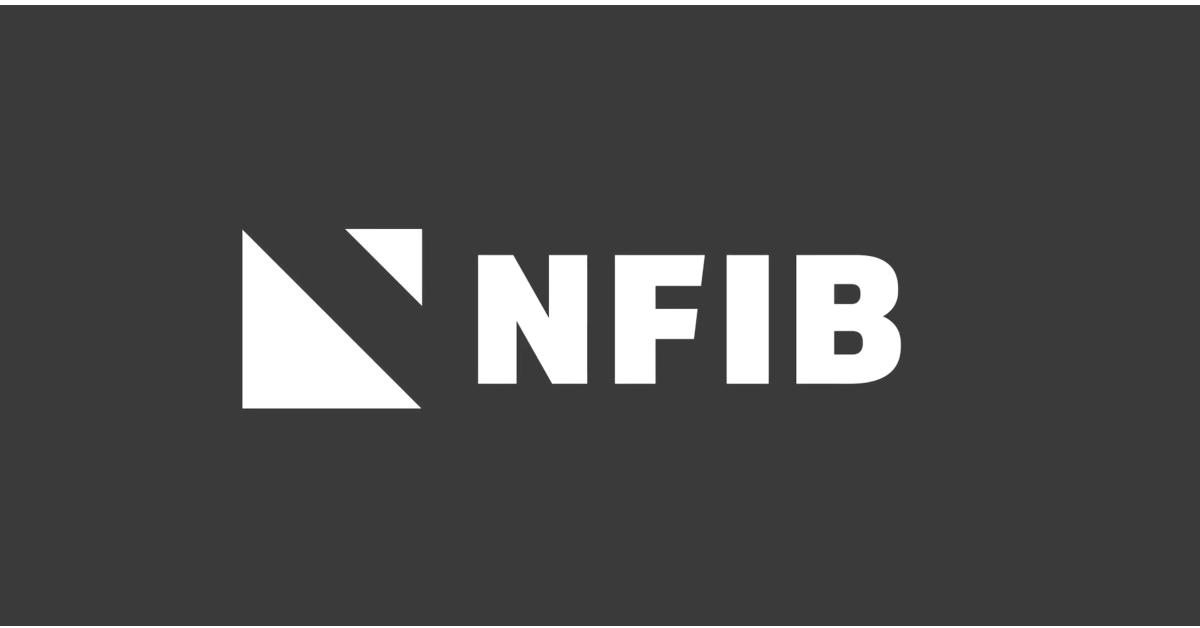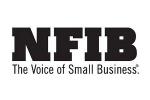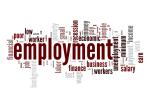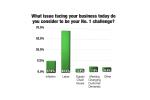WASHIGTON — In a survey recently released by the National Federation of Independent Business (NFIB), inflation was listed by 33% of owners as the single most important problem in operating their businesses.
This number, from the October 2022 study, was three points higher than the September reading, and four points lower than July’s reading, which was the highest mark since the fourth quarter of 1979.
Labor also is a widespread pain point for small-business owners, according to the NFIB’s monthly jobs report. This report found that 46% of owners reported job openings that were hard to fill, which was unchanged from September. Of those hiring or trying to hire, 90% of owners reported few or no qualified applicants for the positions they were trying to fill.
Because of these factors and others, the NFIB’s Small Business Optimism Index fell 0.8 points in October to 91.3, which the organization says is the 10th consecutive month below the 49-year average of 98.
“Owners continue to show a dismal view about future sales growth and business conditions, but are still looking to hire new workers,” says NFIB Chief Economist Bill Dunkelberg. “Inflation, supply chain disruptions, and labor shortages continue to limit the ability of many small businesses to meet the demand for their products and services.”
Other key findings in the NFIB study found that owners expecting better business conditions over the next six months deteriorated two points from September to a net negative 46%, and that the net percent of owners raising average selling prices, when seasonally adjusted, decreased one point to a net 50%.
A net negative 8% of all owners (seasonally adjusted) reported higher nominal sales in the past three months, three points worse than from September. The net percent of owners expecting higher real sales volumes declined three points to a net negative 13%.
The supply chain is another area of concern with small-business owners, the report states. Thirty-one percent of owners recently reported that supply chain disruptions have had a significant impact on their business. Another 31% report a moderate impact and 27% report a mild impact. Only 10% of owners report no impact from recent supply chain disruptions.
The net percent of owners raising average selling prices decreased one point from September to a net 50% (seasonally adjusted). Unadjusted, 8% of owners reported lower average selling prices and 56% reported higher average selling prices. Price hikes were the most frequent in retail (69% higher, 6% lower), wholesale (64% higher, 12% lower), construction (61% higher, 5% lower), and services (54% higher, 5% lower). Seasonally adjusted, a net 34% of owners plan price hikes.
Seasonally adjusted, a net 44% of owners reported raising compensation, down one point from September. A net 32% plan to raise compensation in the next three months, up nine points from September and the highest since October 2021. Ten percent of owners cited labor costs as their top business problem and 23% cited labor quality as their top business problem.
The NFIB Research Center has collected Small Business Economic Trends data with quarterly surveys since the 4th quarter of 1973 and monthly surveys since 1986. Survey respondents are randomly drawn from NFIB’s membership.
Have a question or comment? E-mail our editor Dave Davis at [email protected].



















































































